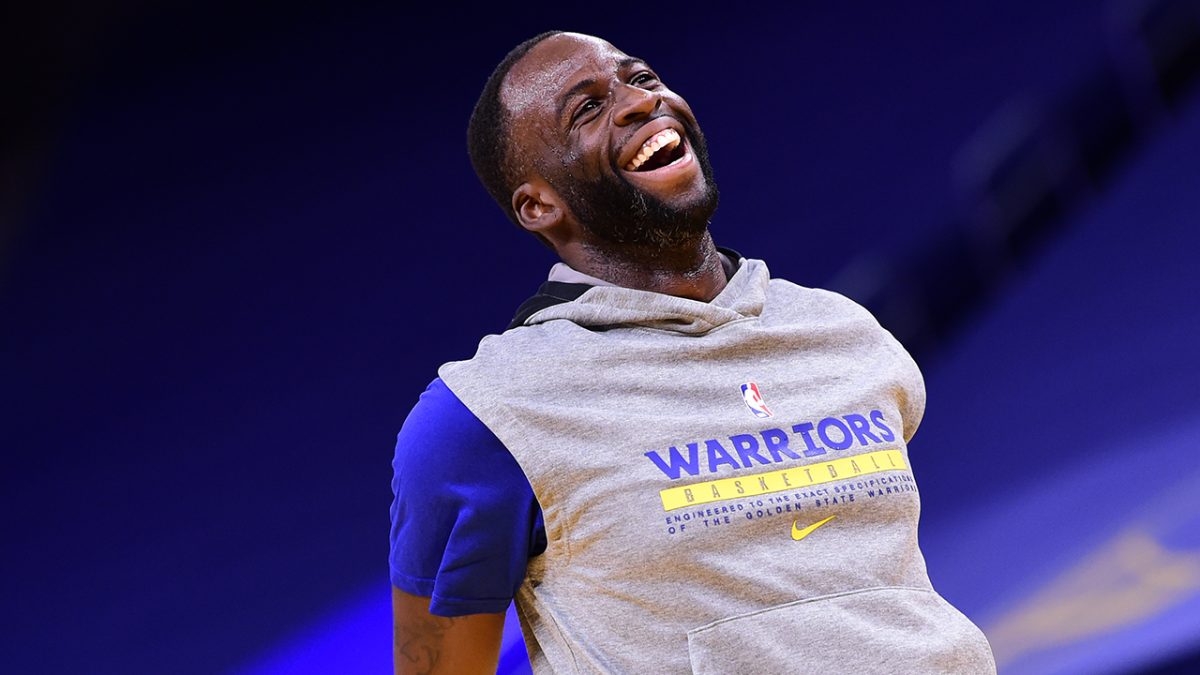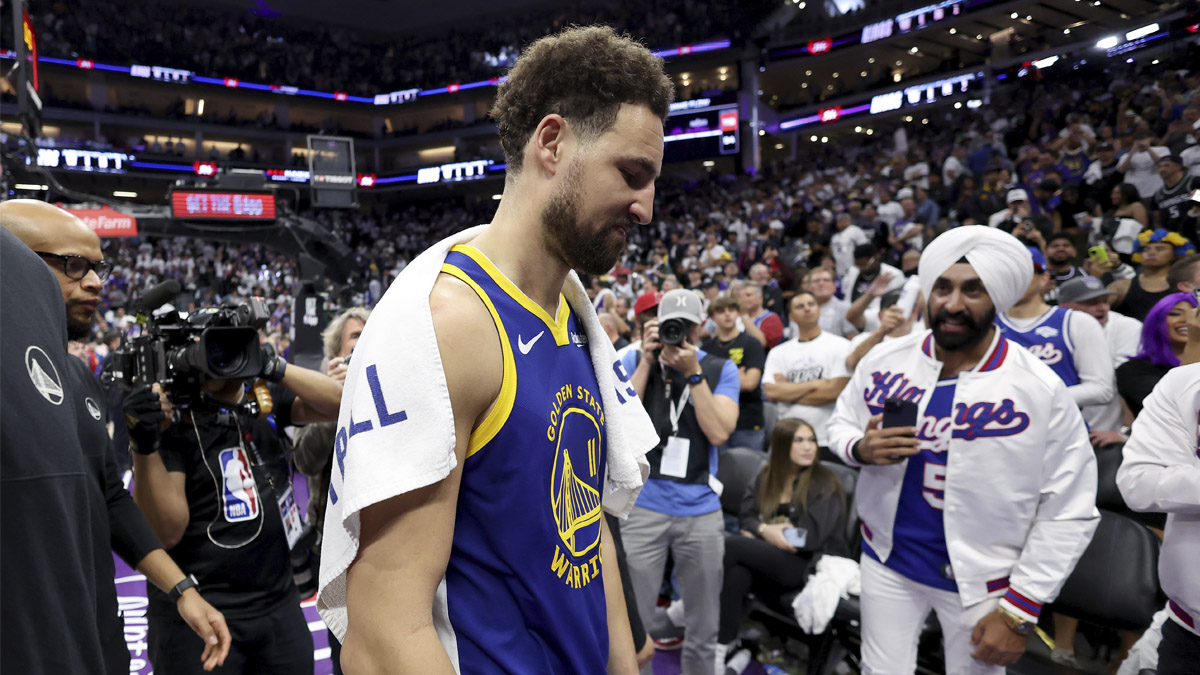The friendship and bond between Klutch Sports CEO Rich Paul and LeBron James spans more than the last two decades. James always will find a way to defend and propel Paul when given the opportunity, and vice versa, as seen in Paul’s appearance on the latest episode of the “Gil’s Arena” podcast.
When protecting the legitimacy of James’ fourth and most recent championship, one where the Los Angeles Lakers beat a depleted Miami Heat team in the 2020 NBA bubble, Paul asked, “If Steph [Curry] wins in the bubble do they discredit it?”
The panel, which also included former NBA players Brandon Jennings and Kenyon Martin, gave a resounding “yes,” one that Paul didn’t agree with.
Stay in the game with the latest updates on your beloved Bay Area and California sports teams! Sign up here for our All Access Daily newsletter.
“No they don’t,” Paul said.
Let’s get one thing straight: There’s absolutely nothing wrong with Paul standing up for his guy. That’s smart business, and their connection is about more than counting checks. But it also misses the point, one that Jennings quickly acknowledges.
“Outside of LeBron and Steph, yes, it’s just going to be like, OK. But them two, they’re the only two that’s going to get slandered,” Jennings responded.
Golden State Warriors
And that’s more of the point: This is the Steph and LeBron era. There are no two ways around it.
There have been other champions and there have been other MVPs, but no two players have been held to a higher standard than Curry and James during this period. Both are four-time champions and have dominated the game in much different ways. The two have met in the NBA Finals four times, with Curry and the Warriors topping James and then the Cleveland Cavaliers in three out of four series.
The bubble undoubtedly was a test of mental fortitude while isolating away from family, friends and society during the COVID-19 pandemic, as well as racial and social injustices. Only those who were there can know and understand the full circumstances of that. The numbers also don’t lie.
Everybody benefitted on the court in what essentially was a heightened open run atmosphere with more at stake than summer pickup games. When we say everybody, we mean it too.
Remember when T.J. Warren scored 53 points against the Philadelphia 76ers in the bubble? Prior to the bubble, Warren had scored 40 points or more only once in his NBA career. He also scored 39 against the Lakers in the bubble, topped 30 points in four of the nine games he played and averaged 26.6 points on 54 percent shooting and 47.5 percent from 3-point range. Injuries have been a major issue, but Warren has made only 29.7 percent of his 3-pointers in 46 games outside of the bubble since then.
For the Lakers, Anthony Davis’ shooting in the bubble is what was most noticeable. Davis shot 58.4 percent from the field, 40 percent from deep and 90.9 percent from the free-throw line in the bubble Finals against the Miami Heat. Going into the bubble, Davis had 51.1/33.5/84.5 shooting splits. James in the 2020 Finals had a 59.1 field-goal percentage and shot 41.7 percent behind the 3-point line. His field-goal percent before the bubble was 49.8, and he was shooting 34.9 percent on threes.
Crunching the numbers is a time for a different debate, though. What really makes it so obvious that Curry, whose Warriors weren’t part of the bubble, would have been discredited winning one of his championships in Disney World’s bizarre Basketball World is how much outside noise was created that he had to win a championship without Kevin Durant.
Curry’s Hall of Fame credentials already were set in stone before Durant decided to leave for the Brooklyn Nets after three seasons as a Warrior. Yet the heat of the spotlight pressed on him was turned to completely different temperatures. After two seasons – one lost year and another where Curry did everything in his power to get Golden State to the play-in tournament without Klay Thompson – he became a champion for the fourth behind some historic numbers to take down the heavily favored Boston Celtics in the 2022 Finals.
Thompson averaged 17.0 points on 35.6-percent shooting and 35.1 percent beyond the arc against Boston. Curry’s backcourt mate for his career has averaged 19.8 points on 45.5 percent shooting and is a career 41.6 percent 3-point shooter.
Though Curry’s résumé didn’t need more selling points, and he didn’t have to win his fourth title and didn’t have to win his first Finals MVP, the fashion he did so put a lid on any naysayers trying to find negatives.
This is, and has been, the Steph and LeBron era of the NBA. Even with championships comes scrutiny. Sometimes that’s the price of greatness, and countless others would do anything to bear the burden.


